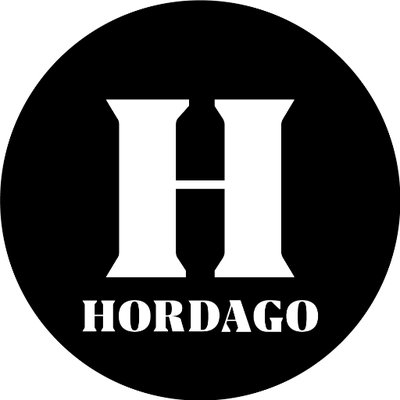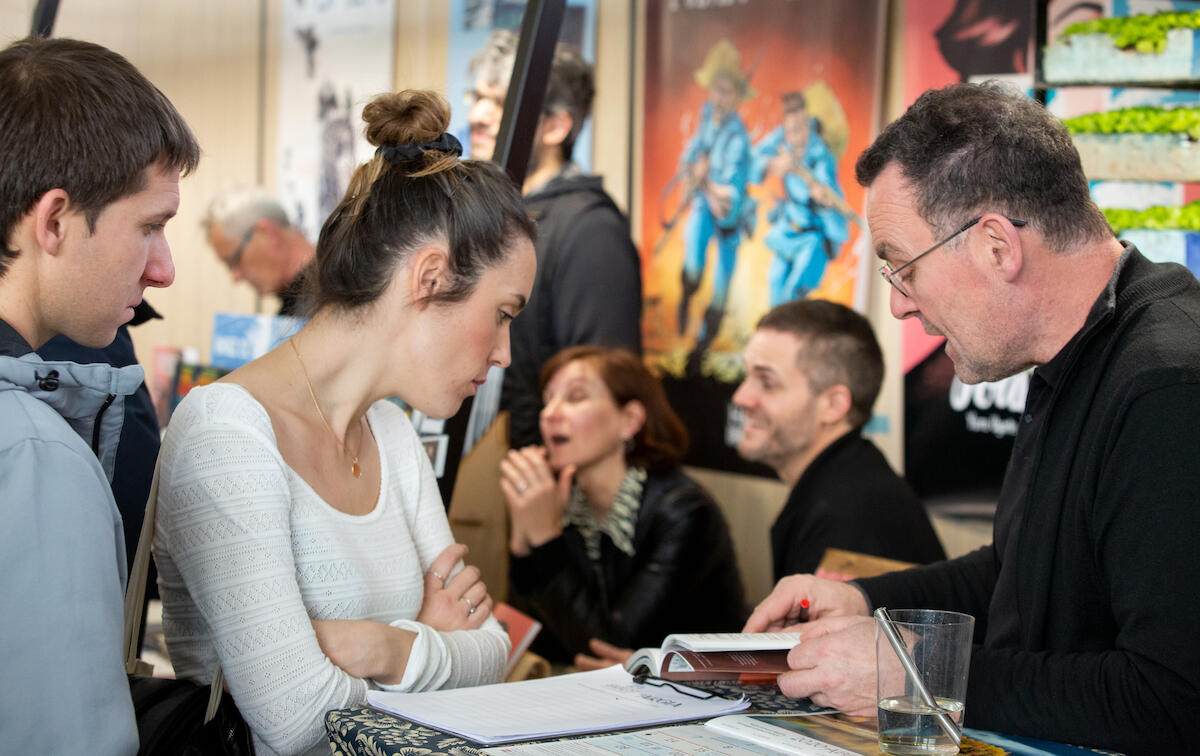About society, politics and other things at the Durango Fair
- Ecological crisis, mental health, class oppression and other concerns are some of the news that will be presented in the 58th edition of the Durango Fair.

Even more news and events, the Durango Fair will open its doors a year from 6 to 10 December next. Books, records and cultural events will occupy a place in many corners of the city and will open parentheses with various writings, spaces and conferences of different agents who intend to open a space to different reflections. Among others, we can find works that have addressed the problems and problems that stir society, which aim to analyze the sociopolitical situation and raise shared concerns.
Therefore, the themes that have focused on the debates in the Basque Country in recent months are highlighted: surveillance, education, housing and racism, especially. On the one hand, Miren Ibarguren, Monika Mendiberri and Ainara Santamaría have published the Attempt not to Break Life (Txalaparta), which talks about the issue of a care that is boiling in recent days. They have analyzed the limitations of the current care model and intend to put their point on the path of a social organization that places “life at the center”. On the other hand, the Transgression of Bell Hooks by Amaia Apalauza. He has translated the book Katakrak into Basque as a practice of educational freedom. Today, “in this great debate on education, this book can serve to focus the debate and become an important line,” says Nerea Fillat, a member of Katakrak.
"In 'The Ertzaintza Coming', Ahoztar Zelaieta points to control industries that completely violate human rights and freedoms"
For its part, Katakrak has published the classic Marxist text The Housing Issue of Friedrich Engels for the first time in Euskara. Although it is a 1872 text, Engels' attempt is necessary to analyze the housing issue and its political attitudes and bets in today's capitalist society. Under the name of the same house, Andrea García González has collected testimonies about the violence silenced in the Basque conflict and has gathered feminist proposals to advance in this context in the book Calla y Olvida; violence, Basque conflict and vulnerable listening as a feminist proposal (Katakrak).
In line with the translations, and within the anti-racist and decolonial movement, Txalaparta has translated the book Barbaro eutsi by Louisa Yousfire. The pamphlet, located in the French banlites, offers a crude look at the violent consequences of integration policies. Yousfi speaks of the dangerous ambiguities of a victimizing anti-razism, clearly exposing the dangers of the glamour of race. Many might say that this decolonial anti-razistic view is absolutely necessary to place the racial issue in today’s Europe, to raise the possibility of a transversal “alliance” against racial hierarchy, but also to represent the difficulties and ambiguities of that alliance.
"Katakrak reaches the Durango Fair with the celebration of its 10th anniversary, with a double LP entitled 'Hau Dena', among other themes"
On the other hand, other crises that are leaving their mark on society also have a place between pages and ink. For example, Jokin Bergara has carried out a thorough analysis of the ecological crisis by Adaxka Seco. The political hangover of the ecosocial shock has sought to reflect in the book (Txalaparta) and in the collective lands the hope that flourishes. For their part, the authors Telmo Lazkano and Maitane Ormazabal analyze the Adolescent Garrasia of mental health that agitates daily. Mental health in the attempt to change (Alberdania). Here we analyze the influence of mobile phones and social networks on young people.
For those who prefer more provocative voices, there are publications that point to those who engage in widespread misery. An example of this is the work of Ahoztar Zelaieta; Tolosaldea Diagnosis. On the one hand, La Privatización de la Sanidad en el Oasis Vasco (Txalaparta), which represents those who transform healthcare into business and fill their pockets, and La Ertzaintza that comes. Hypervigilance technology and consulting capitalism (Txalaparta) that signals Zelaieta control industries that completely violate human rights and freedoms. In addition, following the provocative line, Hordago collects uncomfortable questions and reflections from Nerea Fillat and presents at this year’s fair the classification of the columnist’s writings. Discomforts from self-employed feminism.
"Hordago presents at this year's fair the book of classification of the writings of Nerea Fillat 'No consensus. Discomforts from autonomous feminism'
Finally, as usual, at the fair we can find books that expressly deepen in Basque culture, identity and language. The Hand of Irulegi will also have its place, of course, in books, covers and tertulias. But if we look at the sociopolitical landscape of Euskal Herria, there is an active agent to be highlighted and an editorial about to celebrate the 10th anniversary. And that is that, among the news, Katakrak will arrive at the Durango Fair with its celebration, at the moment with the double LP Hau Dena. To pay tribute to the tour, the vinyl has been created with several friends and musicians, as a sign of the virtuous relations and forces that have emerged around the house.
Durango Self-managed Fair
On the other hand, there is another space to find novelties along these days of December, which also has its own space in Durango. At the Durango Self-Managed Fair, materials that are not found in commercial networks are sold, such as musical material, books or fanzines. In the words of Nerea Fillat, “it somehow gives health to a network.”
"The Durango Self-Managed Fair is located in Zeharkalea nº 11, organized by the Distribution group DDT along with other agents"
Initially, in Sapuetxe Gaztetxea, now in Zeharkalea nº 11, the Distribution group DDT along with other agents, among which are Antifascist Network and Katakrak, wants to open a framework to “collectives and materials that do not enter the official market”, according to a member of the DDT. As this member points out, “there is another way to make culture outside the commercial network” and they intend to reflect it: “There are materials that do not reach the commercial circuit and there are collectives that cannot be placed on the official market, because they have no money to pay a post, because their line is far from the organization.” In this way, the organization of the Durango Self-managed Fair aims to “facilitate the space for collectives that move non-commercial material and reach people outside the logic of sale”.
Among the novelties of this year are those of the Polo de Fito Rodríguez. It will soon be said what you are now saying for us, among other things, the novel and book of María Francisca and Mas Rieraren Ingravidas narrative and experiences. As for music, they will bear the vinyl of the Ez Il group and the third LP of the Bilbaíno Anti-Speciist group 1991. The Self-managed Fair will be open from Wednesday to Friday on Zeharkalea Street 11, from 11:00 to 20:00 hours. Sunday from 11:00 to 15:00.
Durango Fair, first day of this year. I've put on the most beautiful clothes, I've flushed the colony and put my hands in my pocket just in case. On the left, the list of the previous day that says: one, the list of books I want to buy; two, the list of salmon that must be avoided... [+]
At the Durango Fair, like every year, we will find the space Kabi@ digitala. Spaces are a direct and effective opportunity to understand the work that creators do. But why approach Kabi@ra? On many occasions, the categories of sound, literature, audiovisual, play... may have... [+]




















